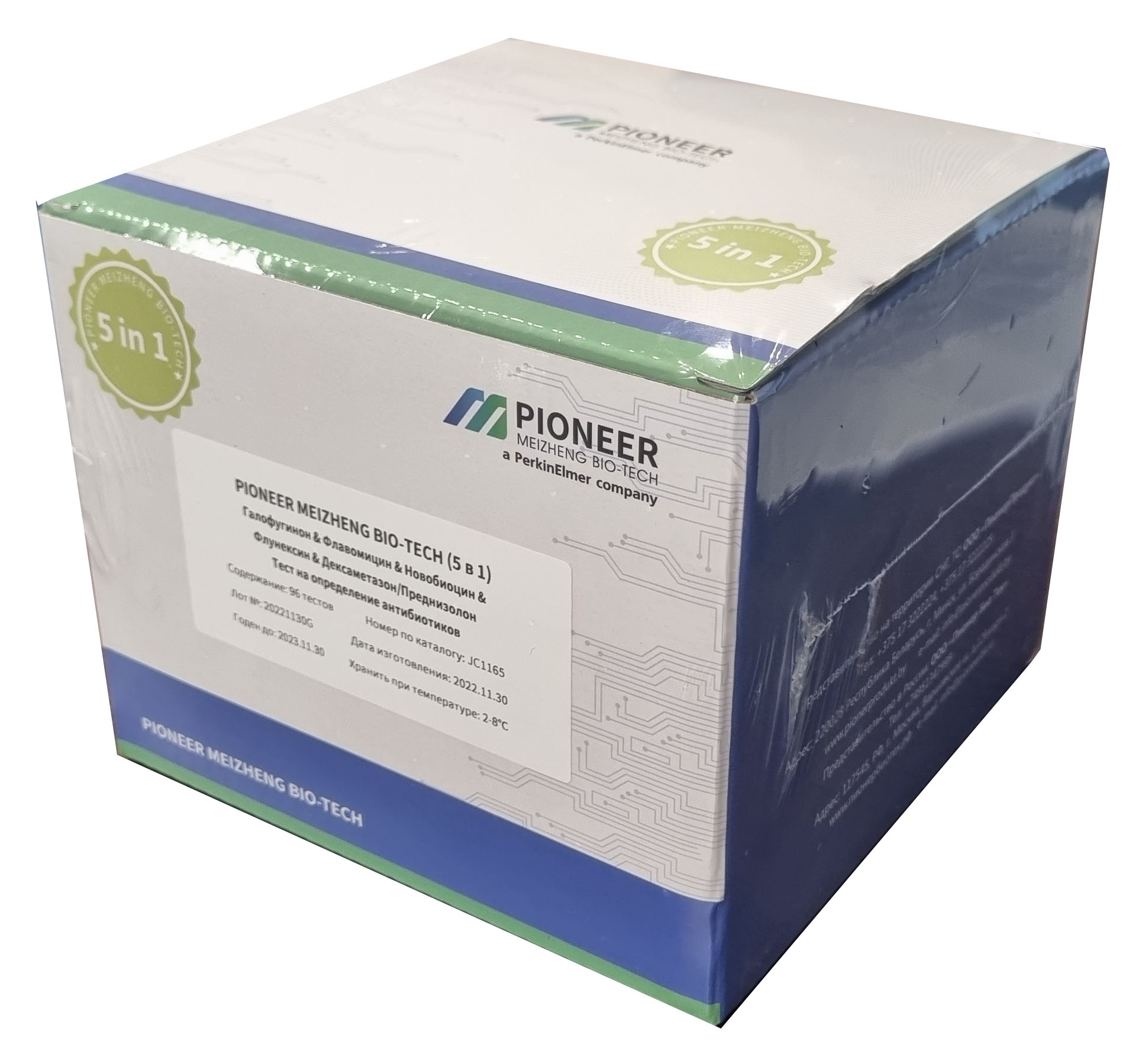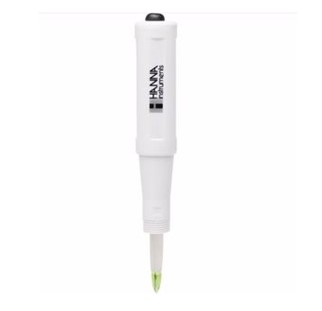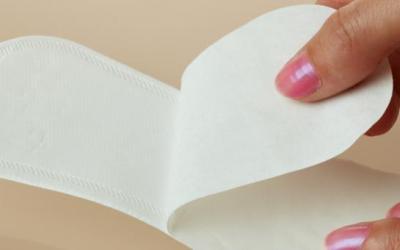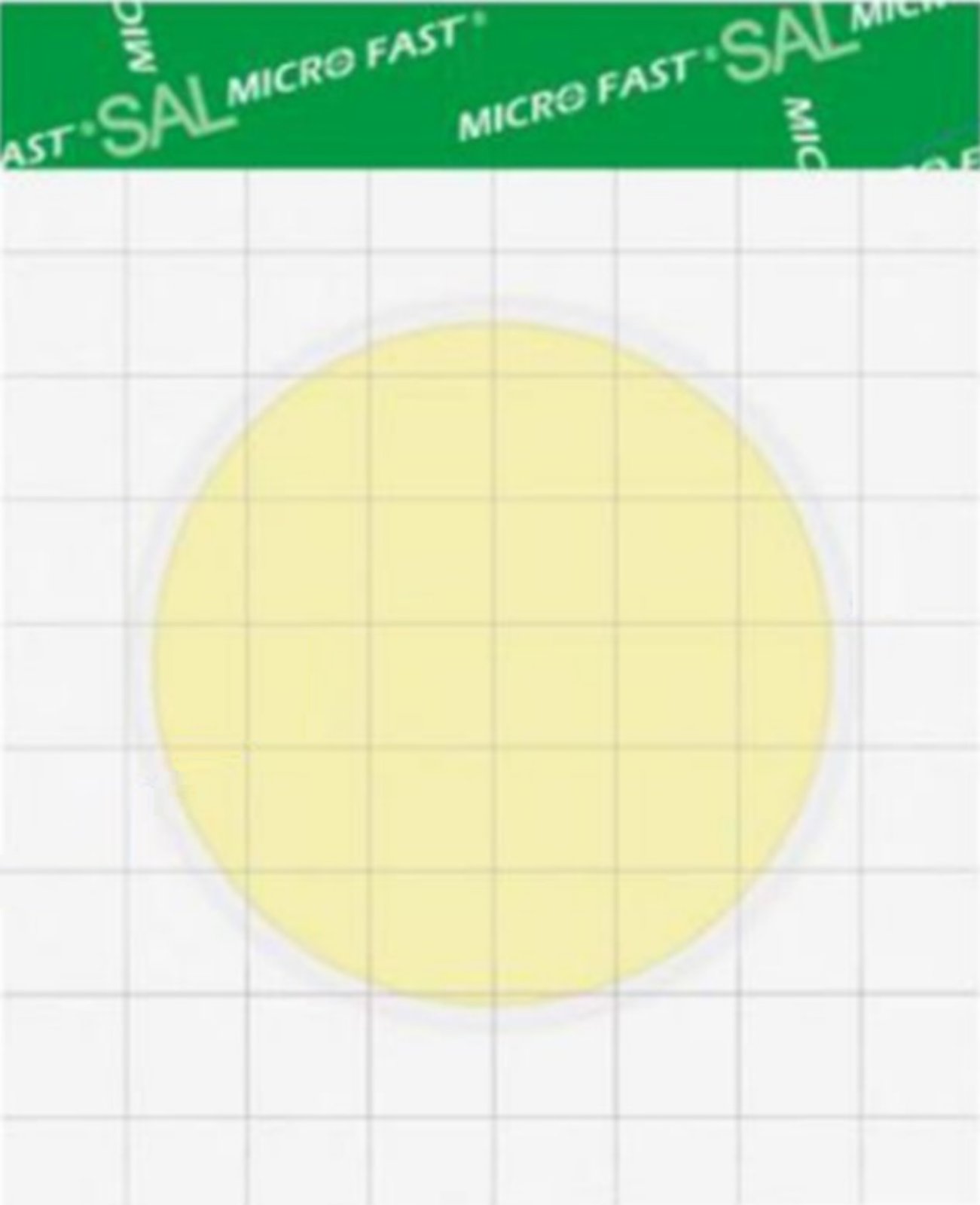AVFARM: The dependence of the Russian agro-industrial complex on imported vaccines exceeds 50%
Domestic livestock farming is a victim of changes in the veterinary medicine market
Vaccines and medicines – what are we talking about? The domestic agro-industrial complex, in many respects, remains dependent on raw materials and technologies of foreign origin - veterinary medicine and livestock are no exception. In modern industrial livestock and poultry farming, the prevention of infectious diseases is based on the use of vaccines and, secondly, antibacterial drugs. Domestic livestock and poultry farming depend, first of all, on the import of foreign vaccines - they account for up to 50-70% of consumption volumes.
Many vaccines are also produced in RUSSIA, but they are mainly consumed outside the commercial sector - they are aimed at combating particularly dangerous diseases, so they are produced by state enterprises and centrally distributed by the state. At the same time, imported vaccines are important for protection against economically significant diseases - diseases the course of which does not necessarily lead to the complete death of animals, but harms productivity, reproductive characteristics, the safety of herds, and reduces feed conversion. In the cost indices of MEAT, eggs and MILK, the cost of vaccines rarely takes up more than 1-2%, but the absence of vaccines or their insufficient effectiveness translates into much more tangible indicators for business, such as the cost of feed or finished product output. Of course, processes on farms can be structured in completely different ways, and population immunity also plays a certain role . For example, if an effective vaccine has been successfully used for a long time, problems will not necessarily begin immediately. But in general, any changes in disease prevention are more quickly felt by sub-sectors with a short production cycle - primarily poultry farming, table egg production and pig farming.
The problem of September 1st - what happened?
Now livestock and poultry farming have become unwitting witnesses and victims of market changes, which consist in reducing the usual choice of veterinary drugs. This reduction is still ongoing, and therefore it is still difficult to fully assess its consequences. I am forced to admit: what we have been warning about at various sites over the past few years is happening. Unfortunately, supplies of most items for agriculture that were previously imported are impossible from September 1. The restriction is directly related to the tightening of requirements for veterinary drugs - a new procedure for their introduction into civilian circulation. In accordance with the innovation, supplies of foreign products to Russia are possible only from those enterprises that were able to obtain Russian GMP certificates - currently there are 36 of them outside the Eurasian Union. According to our estimates, it is possible to import about 180 types of foreign-made veterinary drugs, which is significantly less than the more than 700 positions from which livestock farmers could freely choose, for example, last year. In fact, in just over three months from the start of the procedure, only no more than 20 types of foreign-made vaccines were imported into Russia - for all areas of livestock and poultry farming.
Plans for 2024 – what to prepare for?
At the current stage, problems with the prevention of economically significant animal diseases are mainly experienced by small enterprises that had less opportunity to make the necessary stocks of vaccines. As for foreign vaccine manufacturers who would like to work on the Russian market, now most of their productions do not yet have Russian GMP certificates, and attempts to obtain such a document again and again end in failure. This cannot but upset us, because neither consumers nor regulators have had any complaints about the products of such enterprises, either now or before. For some time, the range of drugs on sale may be similar to the usual one, but this should not be misleading. The problem, on the contrary, is very serious: due to changes in regulation, enterprises that failed to obtain a Russian GMP certificate can no longer plan the production of new series of drugs. And this is the worst thing, because it will not be possible to quickly resume production. Currently, stocks accumulated by distributors before the restrictions were introduced are being sold. As for the drugs allowed for supply, they do not correspond either in volume or range to the real import needs of the market, which will not change in the near future. Such a reduction in supply by more than 500 items certainly has a negative impact on market competition - with all the ensuing short-term and long-term consequences.
Now the main hope of livestock farmers for restoring access to the usual means of prevention is the speedy successful completion of Russian inspections of foreign production facilities that produce the necessary vaccines. We at AVFARM closely monitor these inspections and are convinced that GMP rules are a standard, universally accepted procedure that should work to protect consumers and in no case should become an obstacle to market access for quality products that are in demand and widely used in dozens of countries peace.



























































